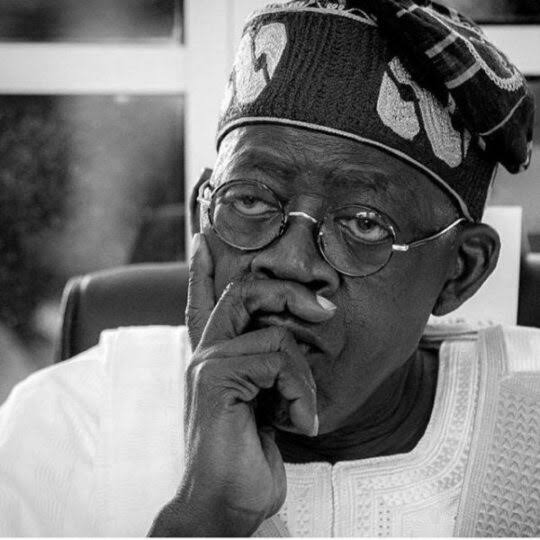The Presidency has responded to the recent ruling by a United States district court ordering the release of confidential documents related to President Bola Tinubu from a 1990s investigation, describing the reports as old and irrelevant.
On Tuesday, Judge Beryl Howell of the U.S. District Court for the District of Columbia directed the Federal Bureau of Investigation (FBI) and the Drug Enforcement Administration (DEA) to disclose records connected to a purported federal investigation involving Tinubu.
The order came after American citizen Aaron Greenspan filed a Freedom of Information Act (FOIA) lawsuit seeking details about an alleged probe into a Chicago heroin ring in the early 1990s.
However, Bayo Onanuga, a spokesperson for the Presidency, dismissed the significance of the court’s decision, stating that the reports in question have been publicly available for decades and did not indict the Nigerian leader.
“There is nothing new to be revealed,” Onanuga said in a statement on Wednesday. “The report by Agent Moss of the FBI and the DEA report have been in the public space for more than 30 years. The reports did not indict the Nigerian leader.”
He added that Tinubu’s legal team was reviewing the ruling but maintained that the documents held no incriminating evidence against the president.
Background of the Case
Greenspan’s FOIA requests, filed between 2022 and 2023, sought records from six U.S. agencies, including the FBI, DEA, and CIA, concerning an alleged investigation into money laundering and drug trafficking linked to Tinubu and three others—Lee Andrew Edwards, Mueez Akande, and Abiodun Agbele.
Initially, the agencies issued “Glomar responses,” refusing to confirm or deny the existence of such records. However, Judge Howell ruled that keeping the information confidential was “neither logical nor plausible,” compelling the agencies to release the documents.
Political Implications
The case has resurfaced long-standing allegations about Tinubu’s past, which have been a subject of controversy in Nigerian politics. Opposition figures and critics have previously referenced the U.S. investigation to question the president’s integrity.
However, the Presidency’s swift rebuttal suggests confidence that the released records will not contain damaging revelations. Onanuga’s statement aligns with Tinubu’s past denials of any criminal involvement, framing the matter as a settled issue.
“The lawyers are examining the ruling,” Onanuga said, signaling that the administration does not anticipate any legal or political fallout from the documents’ release.









